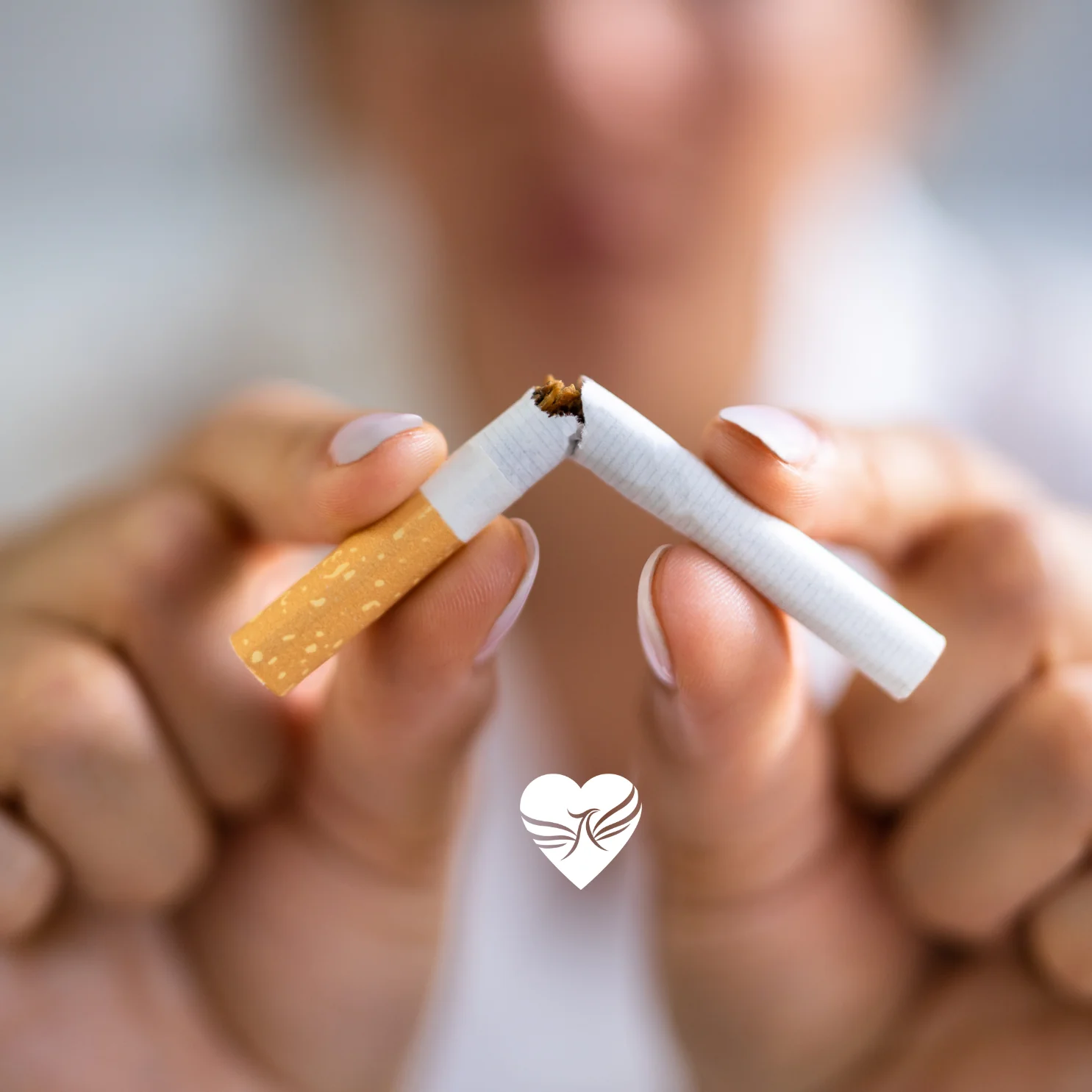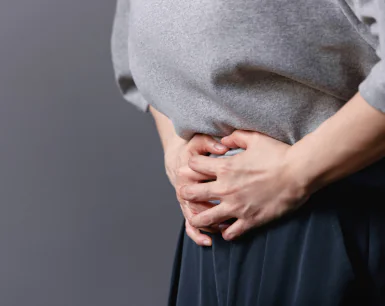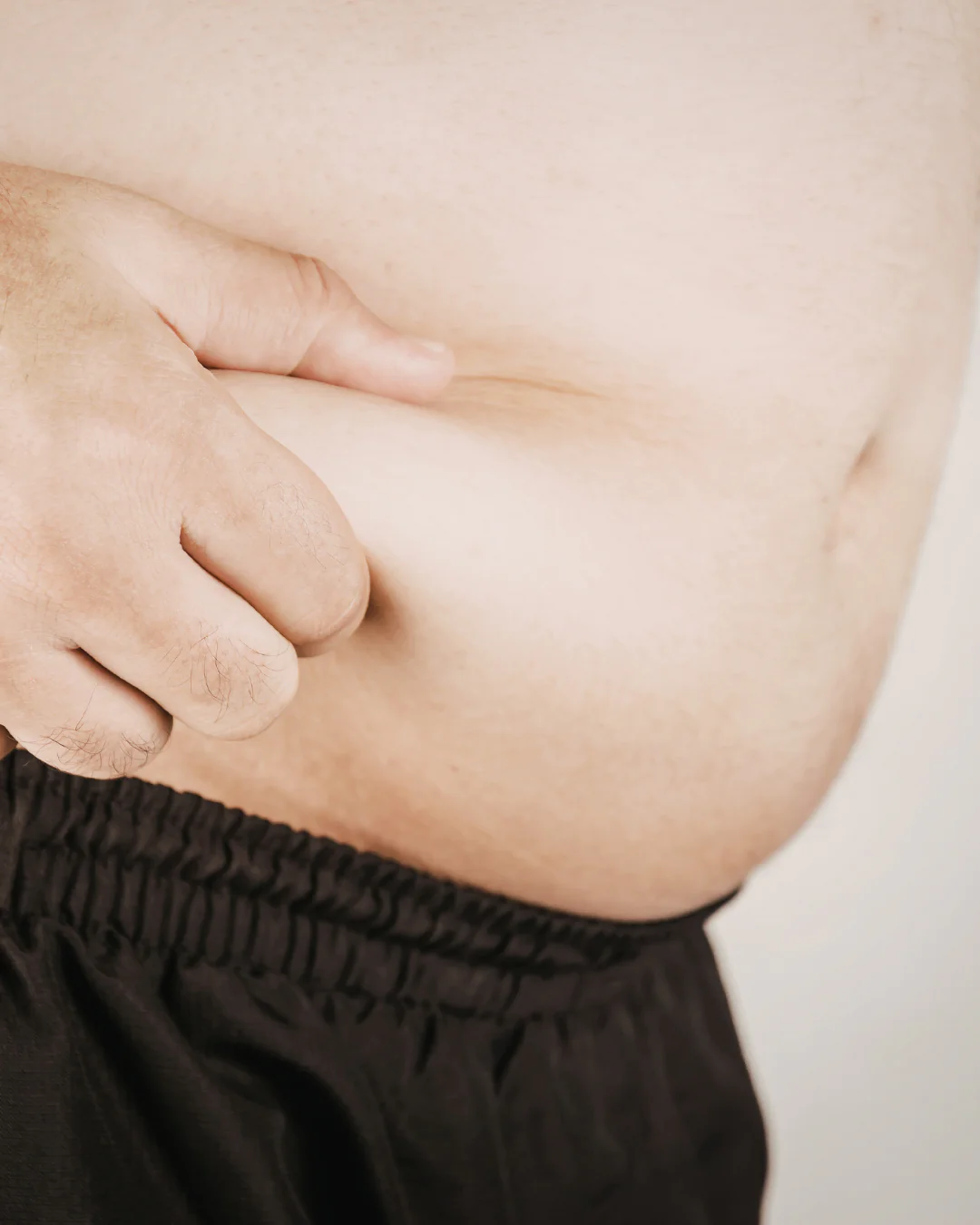Gastric bypass isn’t just a weight loss procedure—it’s a second chance at life.
You’ve made the decision to transform your health, your habits, and your future. It’s not just about the number on the scales. It’s about waking up with more energy, improving your heart health, preventing diabetes, enjoying activities you once avoided, and extending your life for the people who love you most.
But what happens if, after this life-altering operation, you light a cigarette?
Let’s be honest: smoking after gastric bypass is one of the most dangerous decisions you can make post-surgery. Here’s what you need to know.
Why Is Smoking So Dangerous Before and After Gastric Bypass?
Most people know that smoking is harmful, but few realise just how serious it becomes before and after weight loss surgery—especially a procedure like gastric bypass, which restructures your digestive system and places intense demands on your body’s ability to heal.
Cigarettes reduce the amount of oxygen that reaches your tissues. Nicotine constricts blood vessels, while carbon monoxide interferes with your blood’s ability to carry oxygen.
Smoking prior to surgery increases the risk of perioperative complications, including bronchospasm, difficulty coming off the ventilator, chest infections, and poor wound healing—all of which can lead to leaks or more severe complications. After surgery, when your body is working hard to recover, reduced oxygen and impaired circulation can significantly increase the risk of surgical complications.
Smoking after gastric bypass surgery dramatically increases the risk of serious complications, particularly:
- Lung infections, which can compromise your breathing and slow down your recovery.
- Poor wound healing, leading to prolonged recovery times and a greater chance of surgical site infections.
- Stomach ulcers at the anastomosis—the join between your new stomach pouch and small intestine—which can cause pain and bleeding and may even require further surgery.
And if you’re thinking, “I’ll just have one or two”—even occasional smoking significantly increases these risks. It’s not about frequency; any exposure to nicotine can disrupt your healing.
“I’ll Just Smoke Once in a While…” — Think Again
You might be telling yourself, “Surely one cigarette now and again isn’t the end of the world?”
Here’s the truth: even occasional smoking can be enough to trigger post-op complications. Studies show that smokers are three times more likely to develop marginal ulcers than non-smokers after gastric bypass surgery.
These ulcers are painful and can cause nausea, vomiting, and abdominal pain. But more concerning, they interfere with your ability to absorb nutrients, something already affected by the surgery. Over time, this can lead to fatigue, anaemia, and vitamin deficiencies.
What Happens Inside the Body When You Smoke Post-Op?
Gastric bypass surgery involves creating a small stomach pouch and rerouting the small intestine to limit food intake and reduce nutrient absorption. This delicate new system requires optimal healing conditions.
Smoking reduces blood flow to your new stomach pouch, delays healing, and increases irritation at surgical sites. This raises the risk of marginal ulcers, which may cause chronic discomfort or even bleeding and perforation.
Over the long term, smoking is the leading cause of gastrojejunal anastomotic ulcers. These ulcers can lead to postprandial pain (pain after eating), maladaptive eating behaviours, narrowing (strictures) that require endoscopic dilation or surgical revision, or in severe cases, bleeding, perforation, and emergency surgery (laparotomy). It also impairs your body’s ability to absorb essential nutrients like vitamin B12, iron, calcium, and folate, increasing the risk of bone thinning, neurological problems, and long-term fatigue.
The Myth About Smoking and Weight Control
Yes, nicotine can slightly suppress appetite—but that doesn’t mean smoking supports healthy or sustainable weight loss.
Research shows that smokers are more likely to consume higher amounts of processed carbohydrates and saturated fats compared to non-smokers, contributing to an overall poorer dietary quality. So, even if smoking reduces hunger, it doesn’t improve your eating habits.
Over time, this can result in poor post-operative nutrition and metabolic strain—factors that may negatively affect your recovery and long-term health, even if they don’t necessarily lead to weight regain.
When Should You Quit—and Is Vaping Any Safer?
If you’re considering gastric bypass or have booked your procedure with Phoenix Health, you’ll be advised to stop smoking at least six weeks before surgery. This allows your lungs, heart, and circulatory system time to strengthen, reducing risks before and after the weight loss procedure.
Had your surgery elsewhere? It’s still not too late. Quitting now can protect your recovery and safeguard your results.
And vaping? Unfortunately, it’s not a safe alternative. Most vapes and e-cigarettes still contain nicotine, which poses the same risks to healing and blood flow. Even nicotine gum and patches should be used cautiously post-op, and only under clinical supervision.
Let’s Be Honest—Quitting is Tough
We understand—quitting smoking isn’t easy. It’s a habit that’s often deeply emotional, not just physical. But here’s the good news: you’re not doing this alone.
At Phoenix Health, our bariatric care team offers holistic support—guiding you through every step of your weight loss journey, including tools and programmes to help you stop smoking for good.
And here’s something to remember: you’ve already proven your strength. Choosing surgery took courage. Quitting smoking? It’s the next step—and it’s worth it.
What’s at Stake If You Keep Smoking?
Here’s what you risk by continuing to smoke after weight loss surgery:
- Painful and potentially serious marginal ulcers
- Delayed wound healing and post-op infections
- Higher risk of blood clots and lung issues
- Reduced absorption of vitamins and minerals
- Weight regain due to poor dietary patterns
- Greater risk of complications, hospital readmission, or reoperation
Your body has already endured a major procedure. It deserves a fair chance to heal and thrive, and smoking stands directly in the way.
Remember: Your Journey Deserves Your Full Commitment
You didn’t go through a gastric bypass just to play it safe. You did it for a healthier, longer, more fulfilling life. Quitting smoking is part of that journey—it’s a promise to yourself that this new chapter is one you’re ready to protect.
Need help taking that next step?
Call us on 01244 738 159 to speak with our experienced weight loss team. Whether you’re exploring bariatric surgery, need aftercare guidance, or want support quitting smoking, we’re here to help. Or, simply fill out the form on our site and we’ll be in touch shortly.
Medically Reviewed by Mr. Qutayba Almerie, MD, MSc, FRCS
Consultant Upper GI & Bariatric Surgeon, Medical Director at Phoenix Health.
References
Musbahi, O., Ali, A., Ghanem, M. et al. (2021). Impact of smoking on patients undergoing bariatric surgery. Surgical Endoscopy, 35, 1183–1190. https://link.springer.com/article/10.1007/s00464-020-07669-3
Ritchie, H., & Roser, M. (2023). Smoking: Tobacco smoking is one of the world’s largest health problems today. Our World in Data. University of Oxford, Global Change Data Lab. https://ourworldindata.org/smoking
Dallongeville J, Marécaux N, Fruchart J-C, Amouyel P. Cigarette smoking is associated with unhealthy patterns of nutrient intake: a meta-analysis. J Nutr. 1998;128(9):1450–1456. https://doi.org/10.1093/jn/128.9.1450




